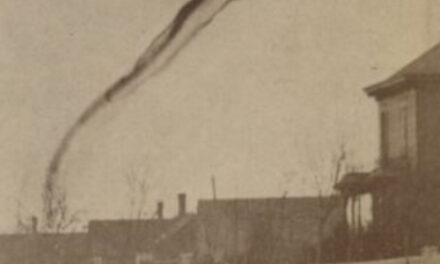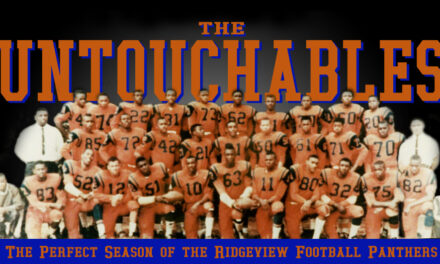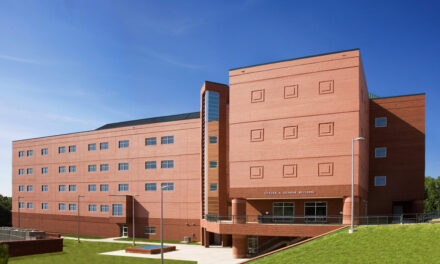
Prior to eras much like our own, where the workplace is a home away from home, a majority of folks lived on and worked the family farm. Their days were long with tasks always to be performed in order to keep food on the table and provide for members of the family. There wasn’t a lot of time for social interaction. Church offered an outlet for congregating on Sunday mornings, but at times of planting and harvesting, the demands of farming might keep people from seeing anyone outside their own family for days or weeks at a time.
 Mostly, a farmer produced the vast majority of everything required to survive. If whatever the family needed did not come from the ground, they either traded for it with something they did grow, or they did without. Cash was necessary only if they planned to buy a store bought item from town. Otherwise, you bartered.
Mostly, a farmer produced the vast majority of everything required to survive. If whatever the family needed did not come from the ground, they either traded for it with something they did grow, or they did without. Cash was necessary only if they planned to buy a store bought item from town. Otherwise, you bartered.
Dotted all over the map of early Catawba County locations are a number of mills, mostly grist mills that served the important function of grinding up grain to provide households with a long term source of sustenance. Corn, wheat? The mill would take a portion for payment, then sack up the rest for hauling back to the homestead.
While waiting for the grindstones to do their job, customers lingered and engaged in the activity you might expect. They traded information about whatever they thought was important in their day and time, from the weather, to market conditions to who killed who? The mill served as a gathering spot within the community.
Spending time that way did not seem frivolous since the task was a necessary one to undertake. In other words, hanging out to hear the latest happenings was perhaps the best way to spend your idle time until the grain was milled and you were on your way back to the farm.
The only other regular public space for ‘jawing’ (a country term for the act of conversation) was the post office, a place you needed to visit on occasion. The problem there was that once you picked up what letters and packages came to you, tarrying to get the latest gossip came with no excuse for standing around and listening. After a while, these parlays would break up, but farm work always awaited, so taking time to glean the latest news was certainly more entertaining than spending hours at the north end of a south bound mule, even if it might not seem as productive.
Now, we get our news (or some form of it) from online and on television. We no longer need to hear from our neighbor about the latest community events. Yet we still seek some version of interaction, be it intentional or incidental. Folks no longer go to the mill for their cornmeal (unless you head out to Murray’s Mill in eastern Catawba County) but the time honored tradition of idle talk remains, even if some do it by text now.
Photo: Falling Creek Mill, as it appeared on the Catawba River, popular gathering spot.









